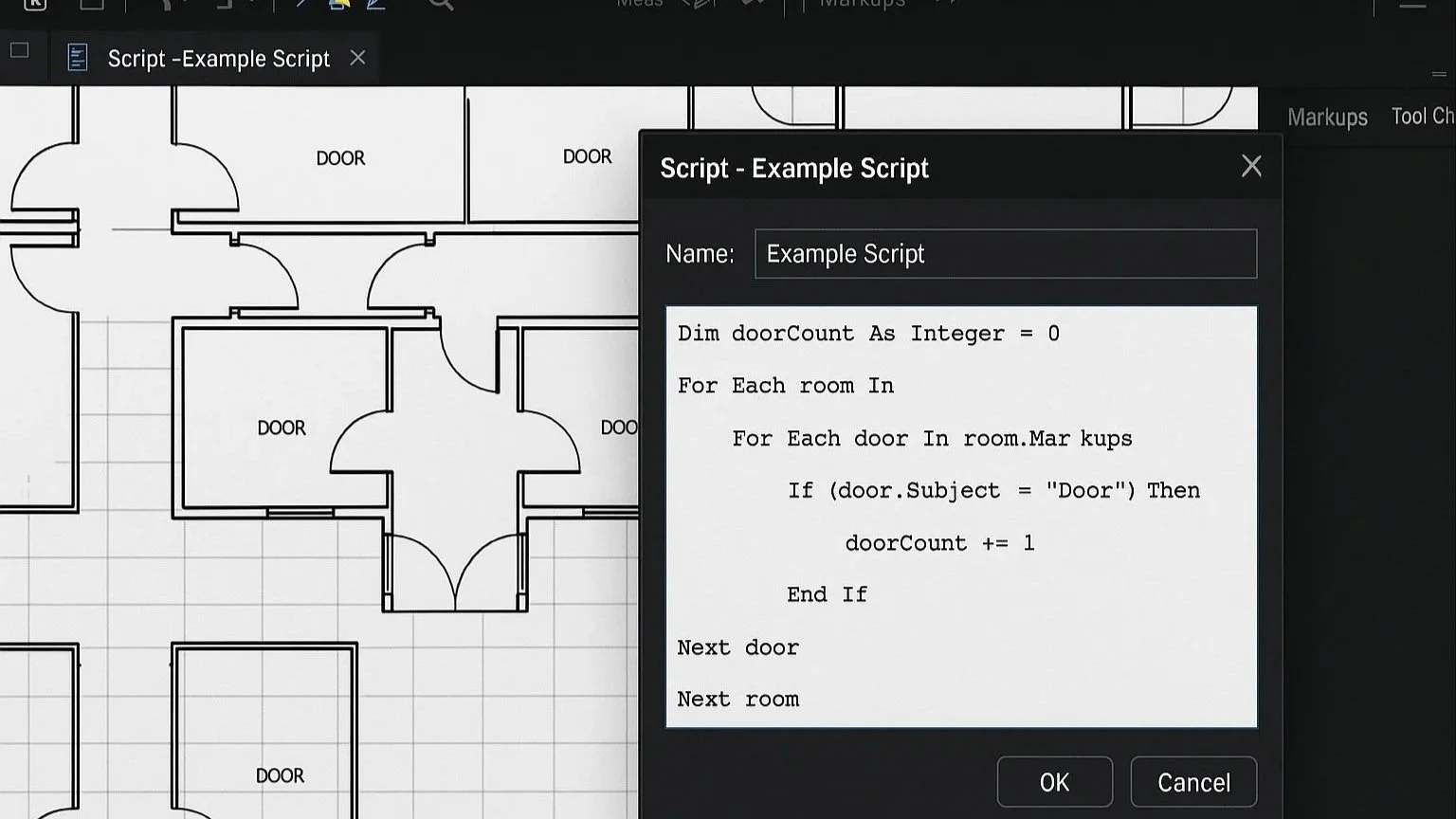Analogue Sheep : Vol 10 : The Coldest War
It’s a strange kind of heroism, the kind that leaves no statue behind.
No medals pinned.
No graves with names.
Just silence.
And a line in a declassified file.
They called it the Cold War, but for the ones who lived inside it, it burned.
In the bunkers under Berlin.
In the hotel rooms of Budapest.
In the forests where signalmen tapped out code that no one would ever read.
They were the watchers and the wanderers.
The ones who memorised cipher pages, carried microfilm in their teeth, swallowed their last breath with the sound of a safe house door slamming.
Each of them knew the rule:
If you get caught, you don’t talk.
If you might talk, you don’t live.
There was Major Richter, who bit through glass and steel before the interrogators reached him.
Agent Kowalski, whose final transmission from Warsaw was a burst of static that jammed Soviet intercepts for hours—long enough for a defector to cross the Oder unseen.
And the nameless woman known only as Moth, who rewrote weather reports from East Germany so precisely that missile calibrations drifted off by just enough degrees to miss the sky entirely.
Tiny acts.
Invisible victories.
The kind of warfare fought in margins and margins of margins.
We like our wars clean now. Digital. Deniable.
We’ve replaced cyanide with kill switches and keys that delete themselves.
But the logic is the same:
Better to die—or erase—than to hand over what might end the world.
Those who carried the poison didn’t do it for patriotism, or glory.
They did it because they believed one person’s silence could hold back an empire’s roar.
The Coldest War was never fought on battlefields.
It was fought in hearts that stopped before they could betray them.
And if you listen closely enough,
beneath the hum of history,
you can still hear the quiet click of a capsule breaking—
the sound of a thousand wars that never began.


